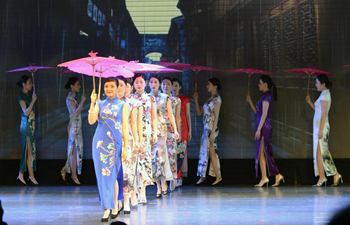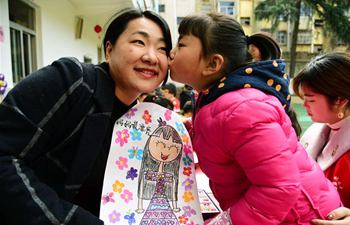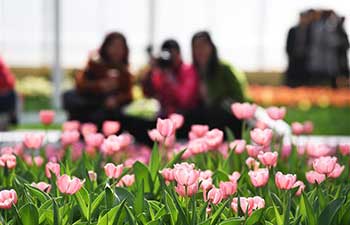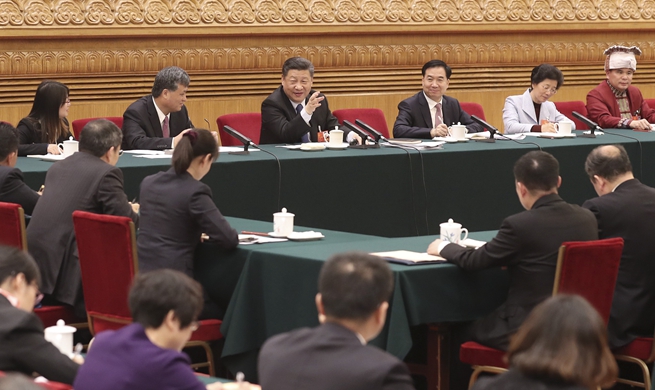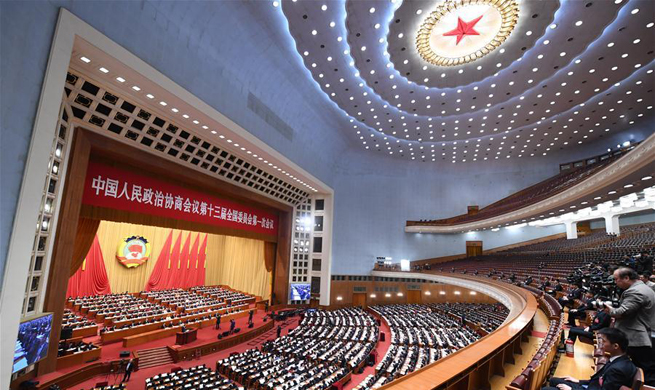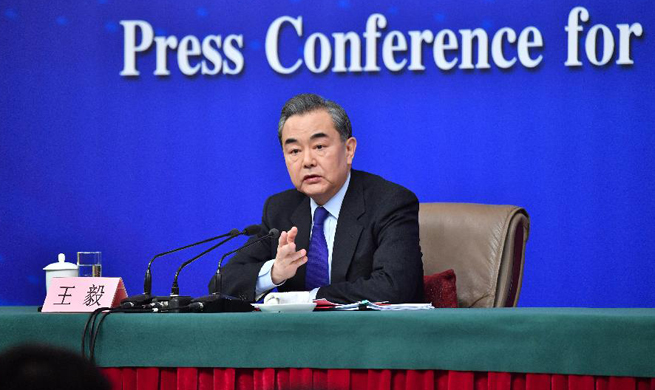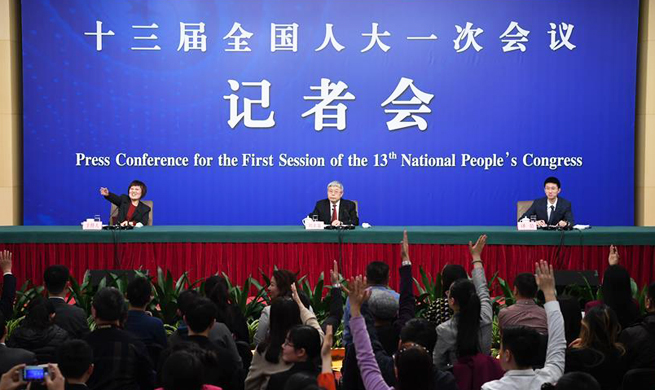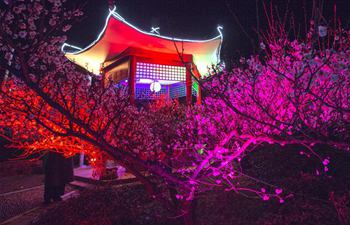GENEVA, March 7 (Xinhua) -- Experts on Wednesday expounded efforts and achievements in the cultural development in China's Tibet Autonomous Region (TAR) during an event on the sidelines of the 37th session of the UN Human Rights Council here.
The event held at the building of the United Nations office at Geneva was sponsored by the non-governmental organization China Society for Human Rights Studies. More than 60 experts, government officials, representatives from international and non-governmental organizations as well as media reporters took part in the symposium titled "Protection and Development of Tibet Culture."
Zheng Dui, director-general of the China Tibetology Research Center, told participants that both the local TAR and Chinese central governments deem the traditional Tibetan culture as an important component of the traditional Chinese culture, and have provided effective preservation for its varied heritages.
For example, he said, it took 20 years and more than 100 Tibetan language experts to accomplish the collation and publication of Kangyur and Tengyur, or the Tibetan-language Buddhist scriptures Tripitaka, a project funded mainly by the central government.
"Tibetan culture is an important part of Chinese culture," Zheng said, adding that inheriting and developing it helps promote the human culture.
Meanwhile, Zheng noted the study and use of the Tibetan language in TAR schools, as well as the central government's efforts to boost education and academic research in Tibet, including the founding of Tibet University, Tibetan Traditional Medicine College and Tibet Academy of Social Sciences.
Answering question on the freedom of religious belief in Tibet, Zheng said it is "obvious" in the everyday sight of prayer flags almost everywhere and praying walks often in size as massive as of several hundred people.
China's central government has been subsidizing the livelihood of Tibetan monks and nuns, and funding the maintenance of Tibetan temples since the 1980s, he added.
Jinmei Wangcuo, secretary-general of the Tibet Association For International Cultural Exchange, said there are today more than 1,700 religious facilities in Tibet, one for every 1,800 Tibetans in average; and there are currently some 46,000 registered monks and nuns, one in every 70 Tibetans.
He said that as a native Tibetan, he witnessed and experienced the remarkable progress made in Tibet, "seen in both the protection of traditions and the development achievements," thanks to government policies fitting Tibet's realities.
Zha Luo, a researcher from the Chinese Academy of Social Sciences, said great importance has been attached to highlighting the traditional Tibetan culture in local education, such as in school textbooks and Tibet University's subjects.
Tibetan children from the families of farmers, herdsmen or the urban poor can enjoy 15 years of free education through high school, a welfare "unimaginable by the former generations" in Tibet, he added.
Kelsang Droma, a researcher from the China Tibetology Research Center, said that thanks to Tibet's cultural development strategy, "currently there are 4,680 various cultural enterprises in Tibet, employing 32,000 people; and the contribution of the cultural industry to local economy is becoming increasingly prominent," now boasting a growth above the national level.




